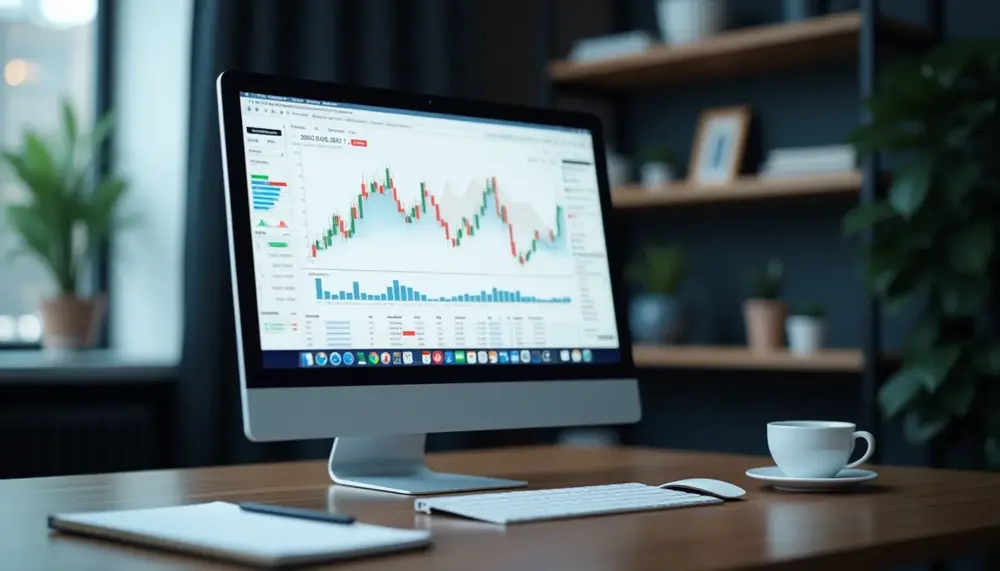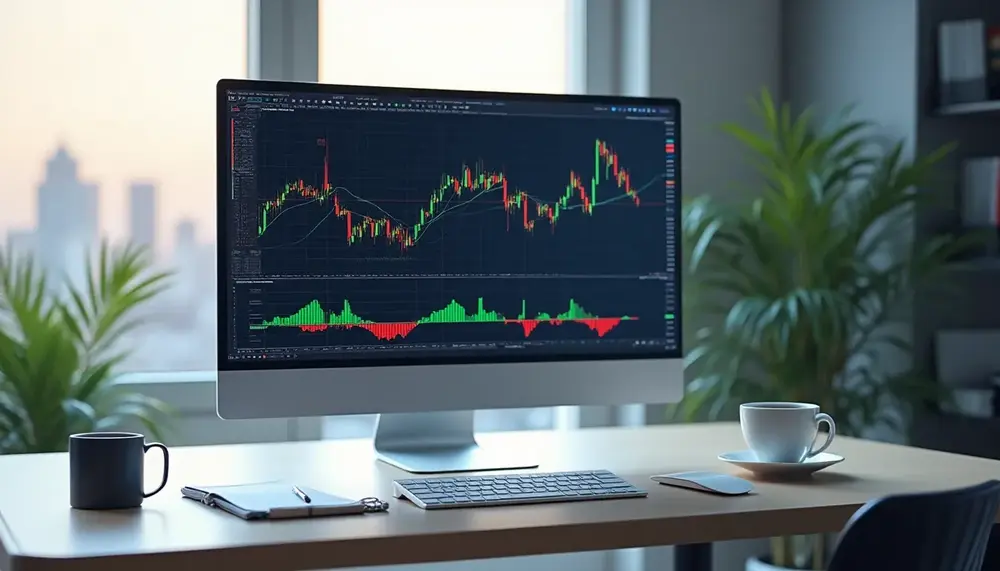Understanding the Expiration Date
The term Expiration Date in trading is a critical concept that every trader, beginner or expert, needs to understand. It can be the deciding factor of your trade outcome. Think of it as the 'use-by' date on a perishable goods, hence the importance of grasping its meaning and impact on your trading activities.
What Is an Expiration Date?
In a nutshell, the Expiration Date is simply the final date on which an options or futures contract is valid. After this date, the contract ceases to exist. It's crucial to take note of the Expiration Date as it is the deadline for the buyer to exercise their right to buy or sell the underlying asset.
Role of the Expiration Date in Trading
The direction of your trading journey can be heavily influenced by the Expiration Date. It's like a ticking clock, reminding you of the finite life of your contracts. This date can affect the price of the underlying asset itself due to the demand and supply dynamics as it approaches the Expiration Date.
How Can You Benefit from Knowing the Expiration Date?
Knowing the Expiration Date allows you to strategize better. You can foresee trends, make timely decisions and optimize your capital allocation, all based on when your contracts are due to expire. It gives you the power to plan and control your trades, thereby reducing potential risks and maximizing returns.
Understanding Expiration Date: Key Takeaways
In summary, the Expiration Date is not merely a date to keep in mind, but also a tool that can be beneficial for traders. By making informed decisions based on the Expiration Date, traders can protect themselves from downside risks and take advantage of potential profit opportunities. Always remember - every tick of the clock approaching the Expiration Date has its effects on the trading market!












